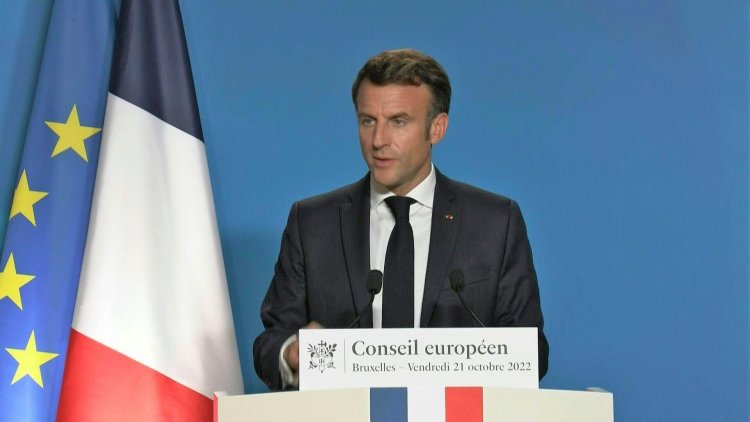France exits fossil fuel treaty to boost renewables drive

France is pulling out of a 1994 treaty that had the effect of protecting investment in fossil fuels when Europe is retooling towards a greener future, President Emmanuel Macron announced.
"France has decided to withdraw from the Energy Charter Treaty," he told a news conference in Brussels after an EU summit, two days after the Netherlands made a similar announcement.
The move was done to be more "coherent" with the Paris climate accord to combat global warming by relying more heavily on renewable energy sources, as well as to counter speculation in the energy market, he said.
The Energy Charter Treaty started out as a way to protect energy investment, especially in Central Asia and eastern Europe, in volatile ex-Soviet countries.
A key element of the treaty was allowing energy companies to sue governments over energy policy changes that could hurt their investments -- exposing states to multi-billion-dollar compensation claims.
But as Europe transitions towards a carbon-neutral future, that treaty has become something of an albatross.
In June, the European Union struck a compromise deal -- to come into force next month if no signatories objected -- to revise the treaty to limit legal actions where they jeopardise climate goals.
But climate groups say the treaty continues to put efforts to curb global warming at risk.
The Netherlands announced it was pulling off the treaty on grounds that it was incompatible with the Paris accord.















